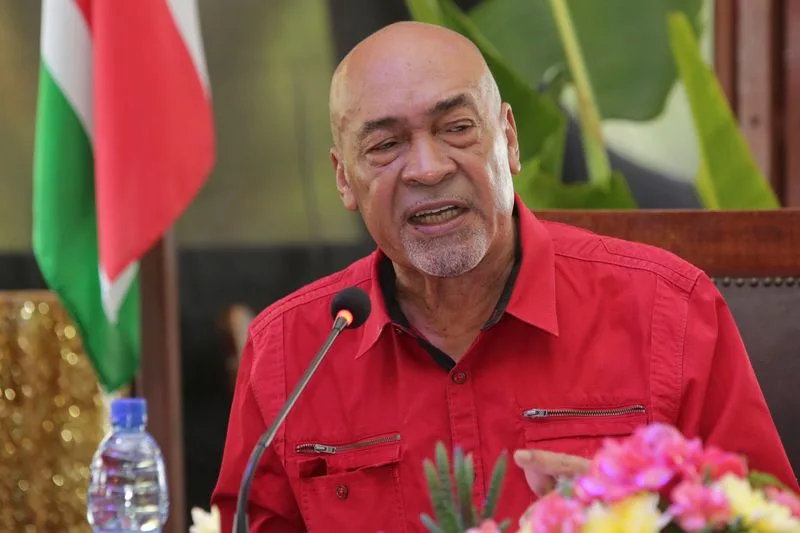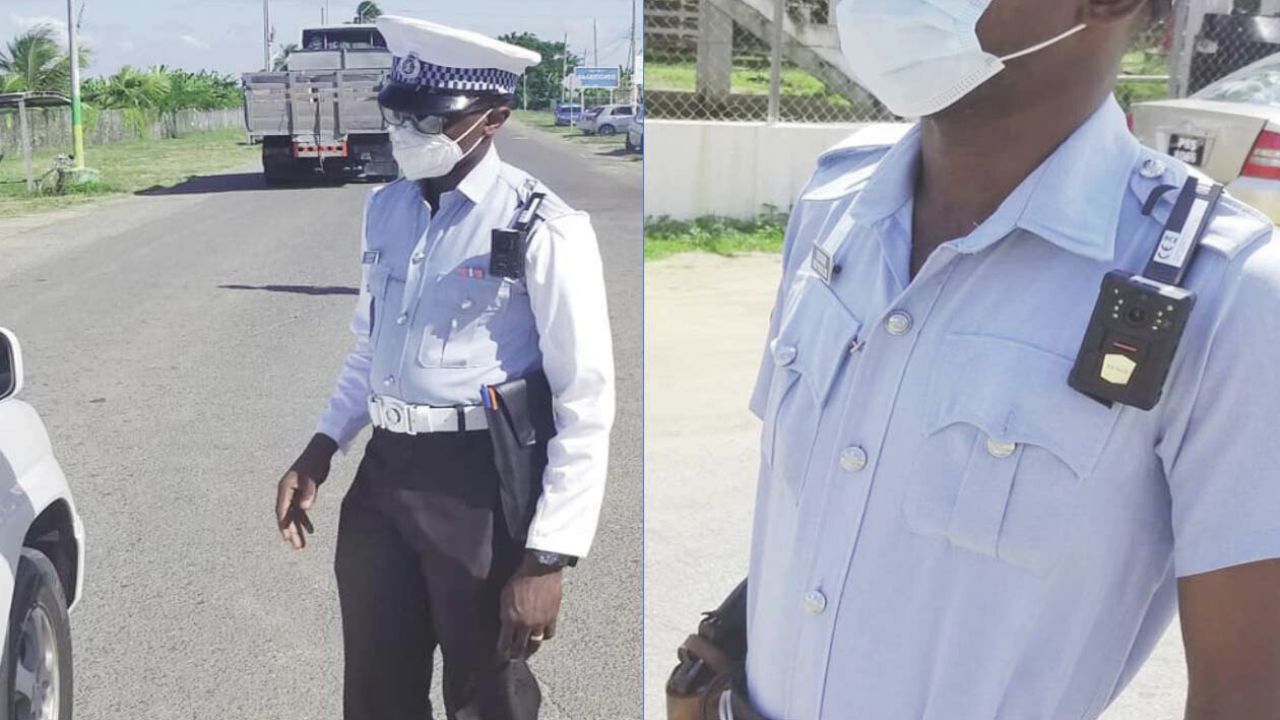(Reuters) – A three-judge panel in Suriname on Wednesday upheld the conviction of former President Desi Bouterse for his role in the execution of 15 people in the former Dutch colony in December 1982.
Bouterse, 78, who dominated Suriname’s politics for decades and left office in 2020, has denied the charges. This was his final possible appeal and he has been sentenced to 20 years in prison but has yet to serve time behind bars.
The U.S. and Dutch embassies had warned of potential unrest around the ruling, although Bouterse himself had told supporters during a rally on Saturday there was “no point in letting things get out of hand.”
It was not clear whether a warrant was issued for Bouterse’s arrest after the judgment.
The court ruled in 2019 that Bouterse oversaw an operation in which soldiers abducted 16 leading government critics, including lawyers, journalists, union leaders, soldiers and university professors from their homes.
Fifteen of them were murdered at a colonial fortress in the capital Paramaribo. One trade union leader survived and gave testimony against Bouterse.
“Those who sought justice had angelic patience,” court president Dinesh Sewratan said as he read the judgment.
Bouterse has said in the past that the murdered men were connected to an invasion plot involving the Netherlands and the United States.
His defense had argued their deaths were not premeditated, but the court said it concluded that Bouterse “had sufficient time to consider the decision to eliminate the victims.”
“It took 41 years, but the long arm of the law has finally caught up to Desi Bouterse,” said lawyer Reed Brody, who monitored the case for non-governmental organization the International Commission of Jurists.
“Today’s decision is a victory for the families of Bouterse’s victims, who never gave up,” Brody added.
Neither Bouterse nor four other ex-military officers accused in the case were present at the hearing.
The court is still reading its decision on the appeals of the four others.
Bouterse seized power in a 1980 coup against Suriname’s first prime minister, Henck Arron, just five years after the South American country’s independence from the Netherlands.
He led the country through the 1980s as head of a military government, then assumed office again in 2010, securing re-election five years later.
Bouterse could ask current President Chan Santokhi for a pardon. Defendants who immediately ask for pardons typically have their arrests paused for eight days.
Santokhi investigated the so-called “December murders” as a police commissioner and later, as justice minister, pushed for the case to move ahead.













